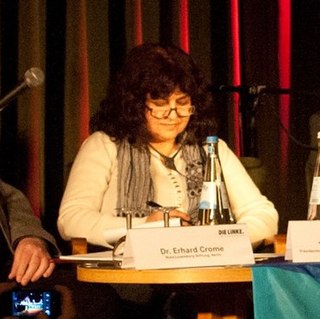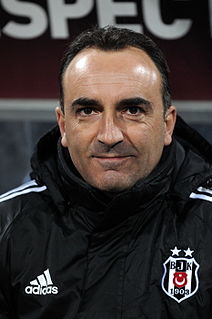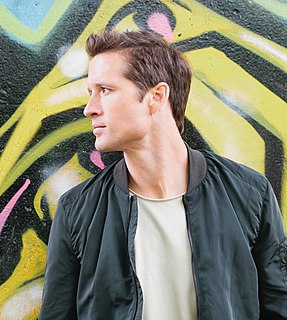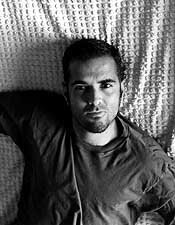A Quote by Max Joseph
A lot of times in films, the protagonist is either the leader of the group or the nerd of the group. I've never identified with either of those things.
Related Quotes
Facilitative attitudes (and skills) can help a therapist gain entry into the group Freedom from a desire to control the outcome, and respect for the capacity of the group, and skills in releasing individual expression Openness to all attitudes no matter how extreme or unrealistic they may seem Acceptance of the problems experienced by the group where they are clearly defined as issues Allowance of the freedom of choices in direction, either for the group or individuals particularly in the near future
I'm interested in the ongoing war between the individual and community. That inner dissent against whatever group is surrounding you. No one wants to cede their selfhood to a group, right? And yet no one can exactly live outside the group, either. Even the most obstinate survivalist probably lives in some telepathic communion with all the other obstinate survivalists out there in the woods.
I didn't graduate high school, so I never got a teacher's education, I'm mostly self-read, self-taught. I always loved music, so I would probably either be in a band with another group of people, or an arranger, a producer, a musicologist, a music history guy, something to do with music. Either that, or I would probably be in jail. Or dead.
I always worked as an individual artist even when Group Material asked me to join the group. There are certain things that I can do by myself that I would never be able to do with Group Material. First of all, they are a totally democratic entity and although you learn a lot from it, and it's very moving, it's very exacting, everything has to be by consensus, which is the beauty of it, but it is much more work. It's worth it 100%. But as an individual artist there are certain things that I want to bring out and express, and the collaborative practice is not conducive to that.
A leader must identify himself with the group, must back up the group, even at the risk of displeasing superiors. He must believe that the group wants from him a sense of approval. If this feeling prevails, production, discipline, morale will be high, and in return, you can demand the cooperation to promote the goals of the community.
When we got down there were some agent provocateurs, if you've never heard of them, these are people sent in intentionally into a group to create chaos and dissension ... There were two we identified down there that were trying to foment violence on either side, trying to really create a confrontation. Any time this stuff happens there's going to be agent provocateurs come in.
But the problems of perpetuating a hierarchical society go deeper than this. There are only four ways in which a ruling group can fall from power. Either it is conquered from without, or it governs so inefficiently that the masses are stirred to revolt, or it allows a strong and discontented Middle group to come into being, or it loses its own self-confidence and willingness to govern.





































